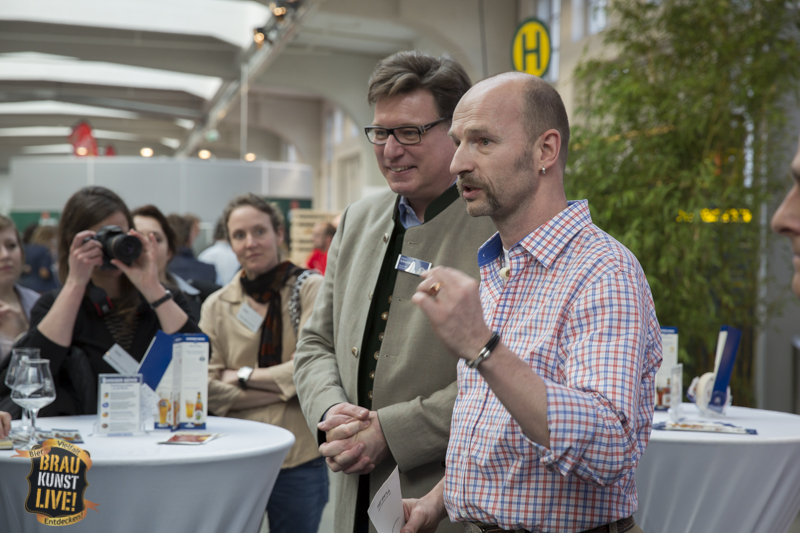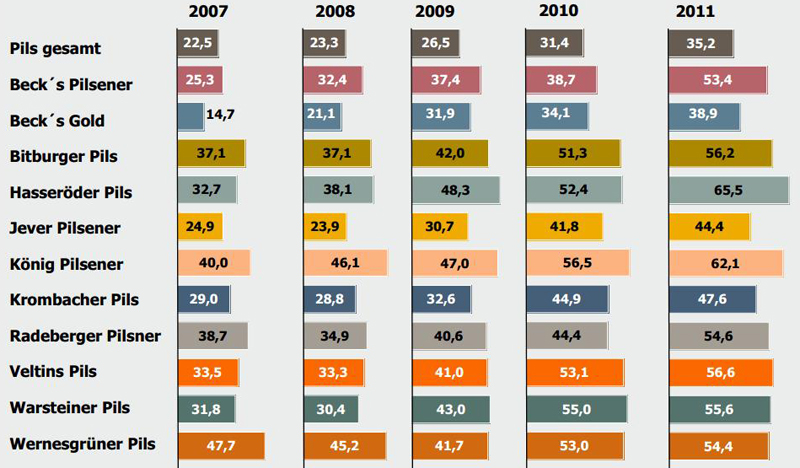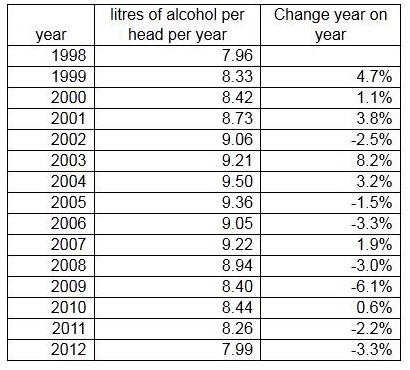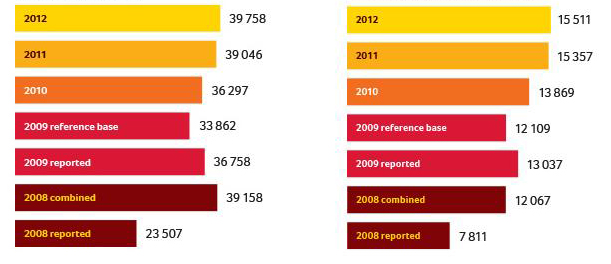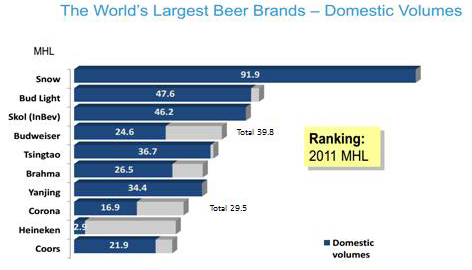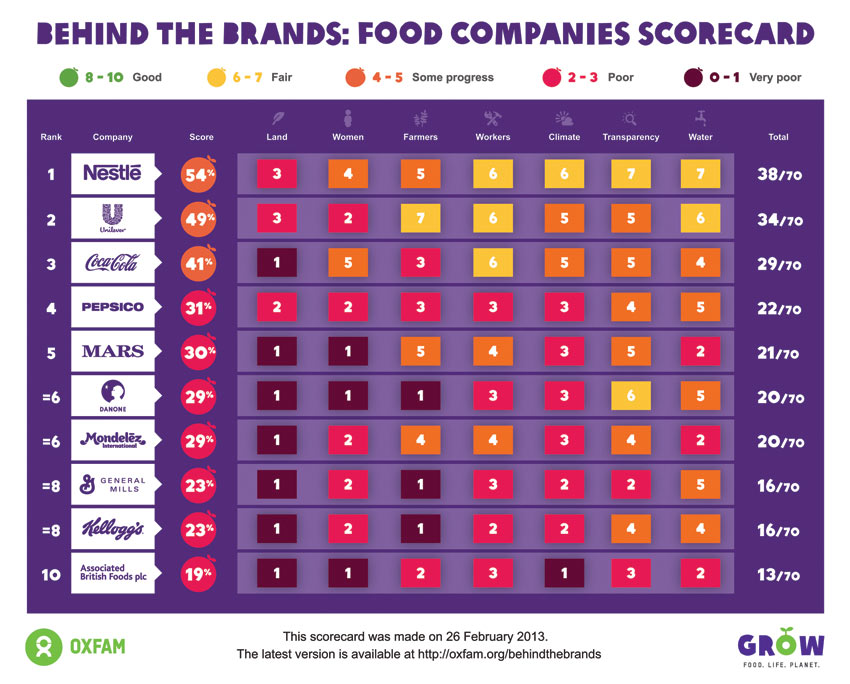“Sue me if you can”, seems to be CVC’s attitude in an ongoing spat between AB–InBev and the private equity company CVC. According to the fine print on page 27 of AB–InBev’s recent regulatory filing (25 March 2013), AB–InBev says that CVC owes them money from the 2009 sale of AB–InBev’s central European unit which later became StarBev.
And we thought the Brits would fight all continental “muck” on their beaches. Apparently not. They even seem to produce it themselves. Judging from the recent launches, this year will be the year of Radlers – courtesy of the global brewers Carlsberg, Molson Coors and Heineken.
Ho ho – a German beer cartel? At first sight, it cannot have been a very effective cartel, if brewers in Germany fail again and again to drive the price of a crate of beer above EUR 10 (for 10 litres of beer). But then, perhaps it’s a novel kind of cartel, aimed at dropping the average retail price of beer even further?
That’s a job many will covet: being a spy for Diageo, visiting bars to suss out all the latest trends in taste and culture. Diageo’s R&D people are like the CIA – although they will object to the comparison – who run a string of informers everywhere to detect changes in consumer preferences when it comes to drinks.
For such a small market as Georgia's, a country in the Caucasus, four brewers are actually quite a crowd. This may be one of the reasons why Castel-Sakartvelo, the smallest one, was put up for sale.
2012 was the first year since 1998 that alcohol consumption has dropped below eight litres per head, per year (7.99 litres). Consumption per head is now 16 percent lower than it was in 2004 when the current trend began, says the British Beer & Pub Association (BBPA), which has compiled the new data based on HMRC alcohol tax returns.
Looks like AB-InBev desperately need this Modelo deal to go ahead as they seem to have reaped most of the benefits from their last transaction with Anheuser-Busch in 2008. Organic growth does not seem easy to come by any longer when you look at AB-InBev’s past financials. In actual fact, AB-InBev’s revenues have not really risen much since 2008. True, AB-InBev have driven up EBITDA to USD 15.5 billion from USD 12.1 billion in 2008, but for the past two years EBITDA growth has kind of stalled.
They need to be bullish, don’t they? Although their USD 20 billion transaction with Mexico’s brewer Modelo is far from cut and dried, AB-InBev said on 27 February 2013 “we remain excited about the potential to grow the domestic Mexican business and the Modelo brands outside of Mexico and the United States”.
Stakeholder pressure on multinational companies is rising. Last July AB-InBev got rapped by the Berlin-based corruption watchdog Transparency International (TI) for not disclosing enough about what it does to fight corruption. Six months later, in February this year the UK charity Oxfam released a report, “Behind the Brands”, which, though wider in scope than TI’s, came to a similar conclusion: multinational food and beverage companies, such as Nestlé, Coca-Cola and PepsiCo, are failing on CSR goals.

